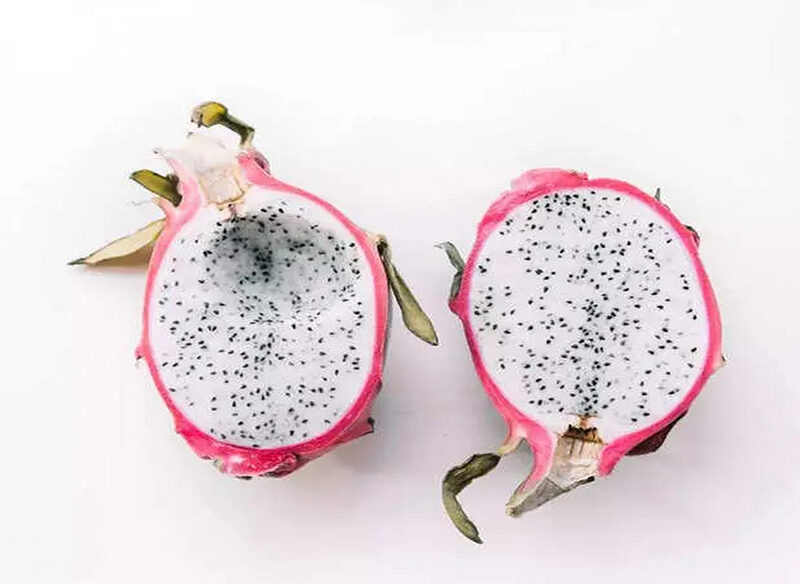Dragon fruit, also known as pitaya, has become a sensation due to its striking appearance and nutritional richness. Let’s dive into the world of dragon fruit, uncovering its origins, nutritional value, health benefits, culinary versatility, varieties, buying and storage tips, as well as precautions and potential side effects.
Understanding Dragon Fruits
Dragon fruits are the fruit of various cactus species native to the Americas, primarily found in Central America. They boast a unique appearance, featuring bright pink or yellow skin covered in green scales reminiscent of dragon scales. The flesh inside can be white or red, containing tiny black seeds that create a visually appealing contrast.
Nutritional Value
Beyond its aesthetic appeal, dragon fruit packs a nutritional punch. It is low in calories yet rich in essential vitamins such as vitamin C and vitamin B, fiber, antioxidants, iron, magnesium, and calcium.
Health Benefits
- Immune System Boost: The high vitamin C content in dragon fruit strengthens the immune system.
- Digestive Aid: Fiber in dragon fruit supports healthy digestion and prevents constipation.
- Antioxidant Power: Antioxidants protect cells, reducing the risk of chronic diseases.
- Heart Health Promotion: High fiber aids in lowering bad cholesterol, benefiting heart health.
- Weight Management: Low calorie and high fiber content help manage weight by inducing a feeling of fullness.
Culinary Versatility
Dragon fruits can be enjoyed fresh by scooping out the flesh or incorporated into smoothies, salads, and desserts. Its mild sweetness and crunchy texture make it suitable for both sweet and savory dishes.
Varieties of Dragon Fruits
- White-Fleshed Pitaya: Features white flesh with black seeds.
- Red-Fleshed Pitaya: Showcases vibrant red or pink flesh with black seeds.
- Yellow Pitaya: Exhibits yellow skin and white flesh with black seeds.
Buying and Storing Tips
Look for firm dragon fruits with evenly colored skin when purchasing. Store them in the refrigerator for up to a week or at room temperature for a day or two once ripe.
Precautions and Side Effects
While generally safe, dragon fruits may cause allergic reactions, stomach discomfort from high fiber, or issues for individuals with kidney problems due to oxalates.










Comments